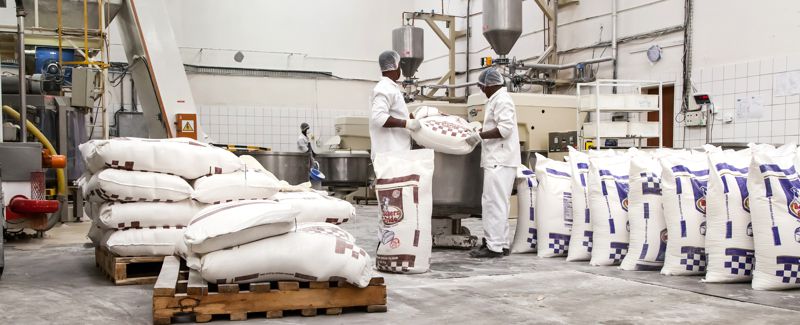 The safety of low-moisture foods, such as flour, dried coconut, and powdered infant formula, presents unique challenges in the food industry. A recent survey highlighted several critical issues, including food safety culture, sanitation, pathogen reduction, and technology adoption. Many of these foods are prone to contamination by pathogens like Salmonella and Cronobacter sakazakii, which thrive in low-moisture environments. However, the survey revealed that financial limitations, outdated equipment, and difficulties in implementing new safety technologies pose barriers to maintaining high standards.
The safety of low-moisture foods, such as flour, dried coconut, and powdered infant formula, presents unique challenges in the food industry. A recent survey highlighted several critical issues, including food safety culture, sanitation, pathogen reduction, and technology adoption. Many of these foods are prone to contamination by pathogens like Salmonella and Cronobacter sakazakii, which thrive in low-moisture environments. However, the survey revealed that financial limitations, outdated equipment, and difficulties in implementing new safety technologies pose barriers to maintaining high standards.
One major obstacle identified is the inconsistent adoption of food safety technologies, especially those involving non-thermal methods like high-pressure processing (HPP) or cold plasma. Many manufacturers are concerned with cost, validation processes, and consumer acceptance of such techniques. Despite these hurdles, innovative approaches to pathogen reduction and improved hygienic design remain essential for ensuring the safety of low-moisture foods.
Food safety culture also plays a pivotal role, with the survey identifying a need for better risk communication, employee engagement, and behavior-based safety programs. Although leadership often sets the tone for safety practices, challenges remain in translating safety knowledge into action on the production floor. This gap emphasizes the importance of continuous education and improved training methods to help overcome resource limitations and language barriers.
Cleaning and sanitation practices within low-moisture food production environments face significant challenges as well. Many facilities struggle with legacy systems that complicate the implementation of modern hygiene protocols. The need for industry-specific guidelines on dry cleaning and sanitation is clear, with collaboration among manufacturers, regulators, and academics critical to creating effective solutions.
Overall, addressing these challenges will require enhanced collaboration and continued research to develop practical, scalable solutions. The findings underscore the importance of fostering a robust food safety culture, improving sanitation practices, and encouraging the adoption of emerging technologies to ensure long-term food safety in the low-moisture food sector. For more information, contact a project manager at [email protected].
Leave a Reply
You must be logged in to post a comment.